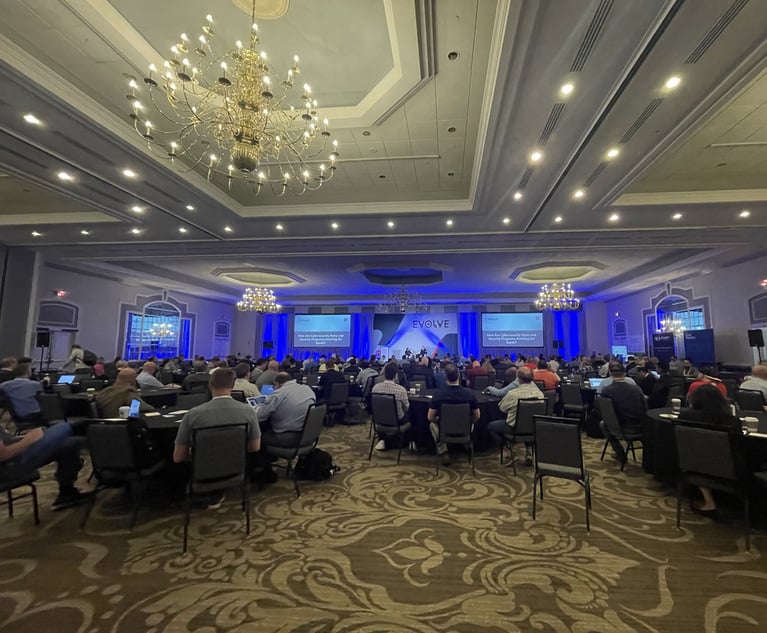The private market does not have the capacity to providereinsurance for terrorism risk to the extent currently provided bythe Terrorism Risk Insurance Act, according to a specialpresidential report issued today.
|The report by the President's Working Group on Financial Marketsbacks up the industry position that enactment of TRIA has beenresponsible for creating a growing market for terrorism riskinsurance that will likely dry up in the event the program is notrenewed.
|Initial reaction of insurers said exactly that. "The report bythe President's Working Group again makes clear that the risksharing partnership created under the Terrorism Risk Insurance Actis vital for the existence of a private marketplace for terrorisminsurance coverage," says Jimi Grande, senior vice president offederal and political affairs for the National Association ofMutual Insurance Companies.
|Grande says that, as the PWG report notes, "The impact of apotential failure to reauthorize the program has already begun tobe felt, and we urge Congress to act swiftly to keep the program,and the marketplace for terrorism coverage in place for thelong-term."
|The report says prices for coverage have declined since TRIA wasenacted, and take-up rates have improved and are roughly stable at60% of the aggregate insurance market. This compares, the reportsays, to 27% in 2003, the first full year TRIA was in effect.
|The report specifically says, "In the absence of TRIA, terrorismrisk insurance likely would be less available." It adds, "Coveragethat would be available likely would be more costly and/or limitedin scope."
|The report says insurers have "exhibited reluctance" to offercoverage for terrorism risk if the associated losses cannot bepredicted and may be unlimited. It says the current law limits aninsurer's exposure by sharing the risk of insured losses that couldexceed the insurer deductible and capping the aggregate liabilityof insurers and the federal government at $100billion.
|Workers' comp insurance "often receives special attention indiscussion of terrorism risk insurance" because, by state law, thecoverage cannot exclude losses resulting from acts of terrorism,including Nuclear, Biological, Chemical and Radiation (NCBR),according to the report. It notes a January Marsh report statingthat, in light of the pending expiration of TRIA, insurers havebegun endorsing workers' compensation renewals to advisepolicyholders that the premium may change Dec. 31, "and that someinsurers are setting policy expirations at that date."
Want to continue reading?
Become a Free PropertyCasualty360 Digital Reader
Your access to unlimited PropertyCasualty360 content isn’t changing.
Once you are an ALM digital member, you’ll receive:
- All PropertyCasualty360.com news coverage, best practices, and in-depth analysis.
- Educational webcasts, resources from industry leaders, and informative newsletters.
- Other award-winning websites including BenefitsPRO.com and ThinkAdvisor.com.
Already have an account? Sign In
© 2024 ALM Global, LLC, All Rights Reserved. Request academic re-use from www.copyright.com. All other uses, submit a request to [email protected]. For more information visit Asset & Logo Licensing.








